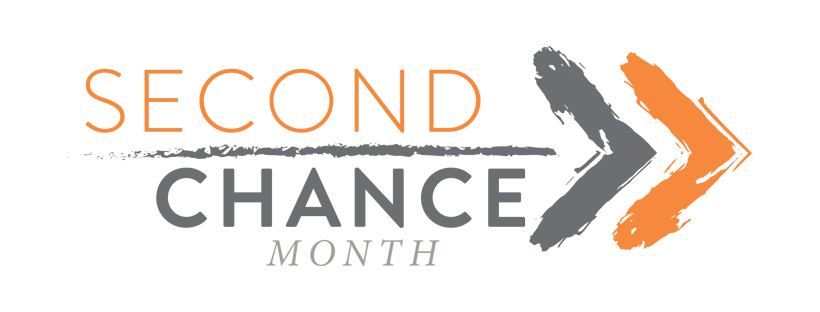The Recently Announced Paycheck Protection Program Increase Act Fails to Correct Restriction Preventing Access to Relief for Business Owners with Criminal Records

WASHINGTON, D.C.—Prison Fellowship®, the nation's largest Christian nonprofit serving prisoners, former prisoners, and their families, released the following statement about the Paycheck Protection Program Increase Act, which fails to address the restriction that disqualifies second chance entrepreneurs from having access to relief under the Coronavirus Aid, Relief, and Economic Security Act (CARES Act).
Currently, the Paycheck Protection Program's interim rule denies applicants if they have a felony within the past five years. The application also includes several questions that make it unclear as to whether other types of criminal records or past involvement with the justice system may prohibit access to these loans. The Paycheck Protection Program provides loans meant to help small business employers pay their employees during the COVID-19 crisis. The rule excludes far too many individuals, many of whom are invaluable job creators in their communities. This collateral consequence not only undermines the livelihood of business owners with a criminal record, but all the Americans they employ.
Prior to the announcement of the legislative deal, Prison Fellowship, along with evangelical and Catholic faith leaders from across the country, sent a letter to Chairman Marco Rubio, R-Fla., and the U.S. Senate Committee on Small Business and Entrepreneurship, asking that the bill correct the current restriction under the U.S. Small Business Administration. Additionally, Prison Fellowship joined a letter with Kentucky and national partners to Leader McConnell expressing the desire for the legislation to include the correction and is part of a growing coalition urging the executive branch to amend the rule.
- James Ackerman
THE DIGNITY OF A SECOND CHANCE
"Since 2017, Prison Fellowship has spearheaded celebrating April as Second Chance Month, a movement to recognize the God-given potential of the 70 million Americans with a criminal record that has been recognized in three consecutive proclamations by President Trump," said James Ackerman, President and CEO of Prison Fellowship. "April is a time to reflect on the limitations and restrictions that should be removed so people with a criminal record and our communities can flourish, not to double down on senseless collateral consequences. Now more than ever, we should be celebrating those who have embraced their second chance and equipping them to succeed and provide for their hard-working American employees."
"All persons bear the image of God and deserve the dignity of a second chance," said Heather Rice-Minus, VP of Government Affairs and Church Mobilization. "Penalizing those with criminal records who are practicing what we preach by building a new life and their employees as a result, is wrong. Unfortunately, our request to fix this harmful restriction wasn’t included in the small business package, but whether we fix this in future legislation or rulemaking, we will not let up."
ABOUT PRISON FELLOWSHIP
Prison Fellowship is the nation's largest outreach to prisoners, former prisoners, and their families, and a leading voice for criminal justice reform. With more than 40 years of experience helping restore men and women behind bars, Prison Fellowship advocates for federal and state criminal justice reforms that transform those responsible for crime, validate victims, and encourage communities to play a role in creating a safe, redemptive, and just society
For interview requests, please contact Jim Forbes, Prison Fellowship's Director of Communications, at 703.554.8540 or email him at Jim_forbes@pfm.org.